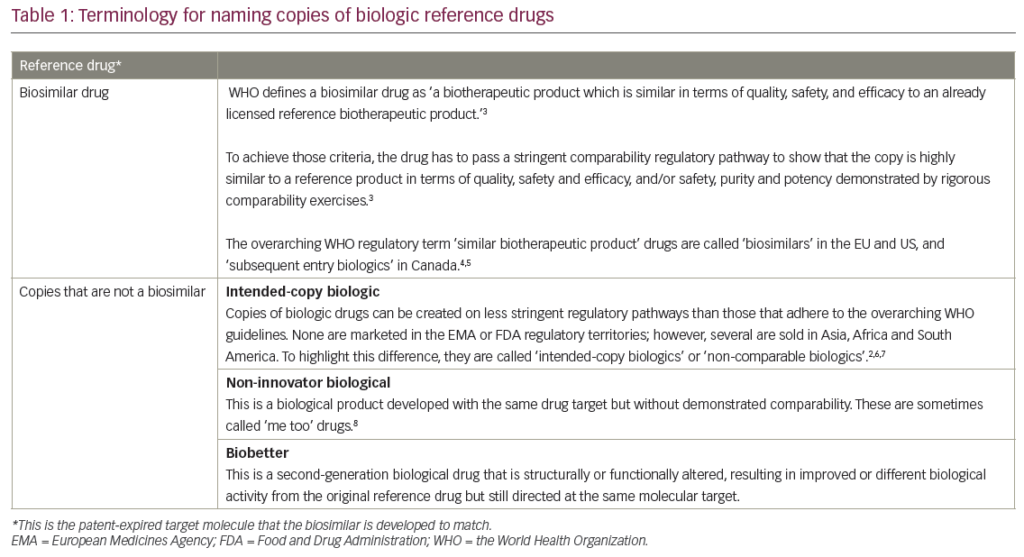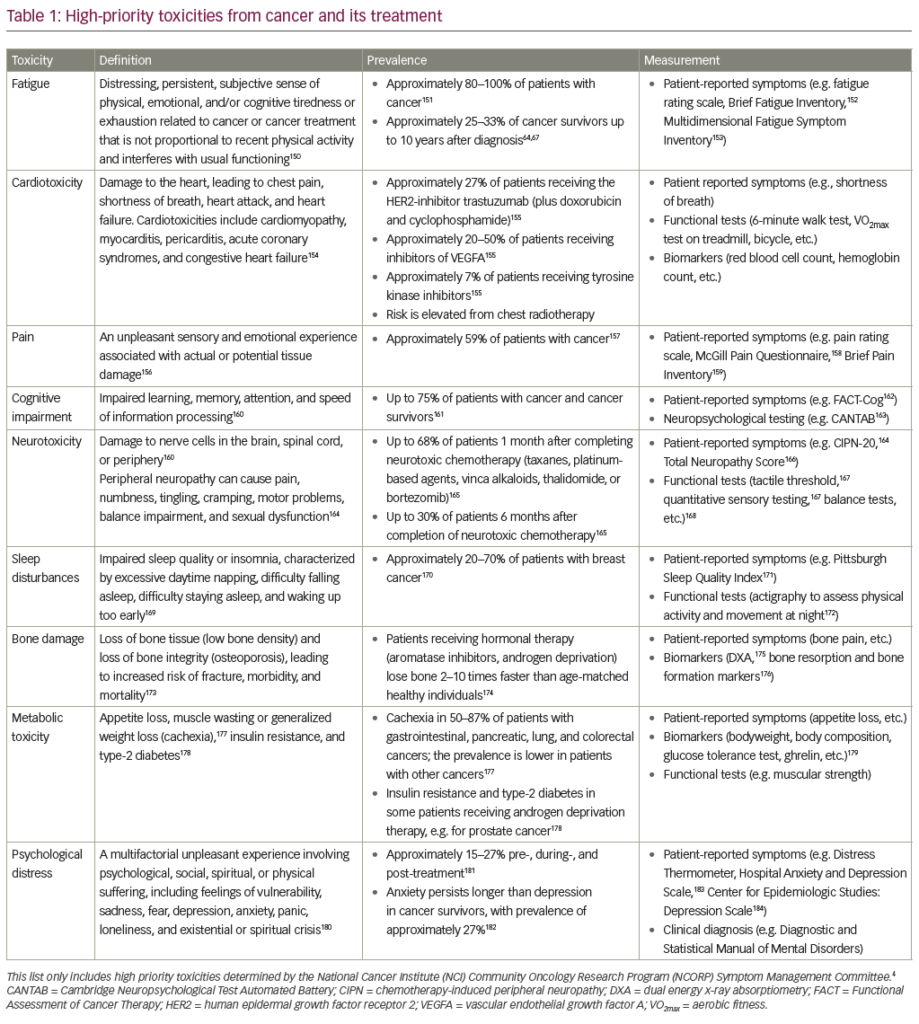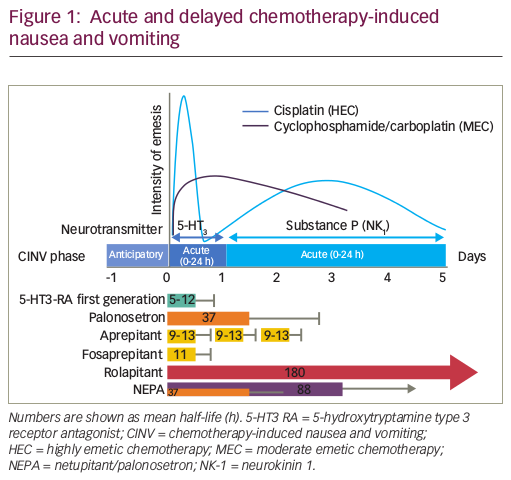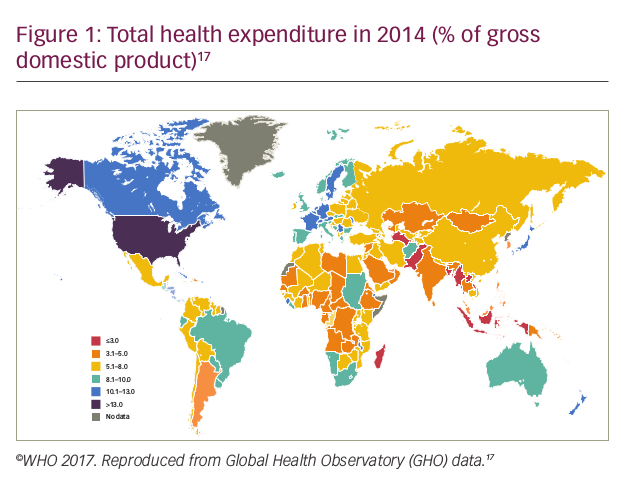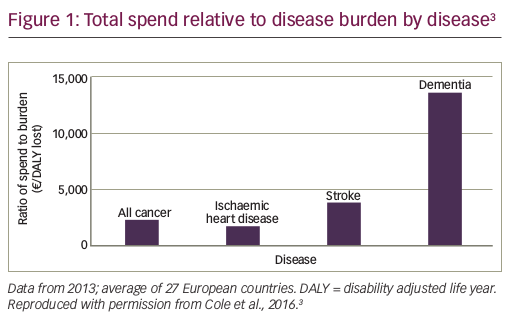Welcome to the winter edition of touchREVIEWS in Oncology & Haematology. Despite the continued impact of the COVID-19 pandemic on cancer care, 2021 has seen important advances in many areas of oncology, which is reflected in our diverse range of articles.
We begin with one of our popular expert interviews, in which Axel Merseburger discusses the highlights of the 2021 ESMO congress and key data on prostate cancer treatment. Next is an editorial in which Serzan and Atkins explore the combination of two immune checkpoint inhibitors: nivolumab and relatlimab, which targets lymphocyte-activation gene 3, in the treatment of advanced melanoma, and its implications for the treatment of other advanced malignancies.
Our attention next turns to the treatment of metastatic triple-negative breast cancer (mTNBC), which carries a poor prognosis. In a review article, Johnson et al. discuss the clinical evidence in support of the incorporation of pembrolizumab into the standard of care for patients with PD-L1-positive mTNBC.
Despite the success of screening and vaccination campaigns, cervical cancer remains a leading cause of cancer death in women, with no standard second-line treatments. Giudice et al. review the potential role of tisotumab vedotin, an antibody–drug conjugate targeting tissue factor, in the treatment of metastatic and recurrent cervical cancer.
Moving on to haematology, Larose and Chen discuss the role of new selective Bruton’s tyrosine kinase inhibitors in the Canadian treatment landscape for Waldenstrom’s macroglobulinemia. Next, Theodorakakou et al. give an an overview of the mechanism of action of daratumumab and review the clinical evidence that supports its use in the management of immunoglobin light chain amyloidosis. Finally, Kelly et al. describe the use of pegcetacoplan, a novel complement inhibitor, for the treatment of paroxysmal nocturnal haemoglobinuria.
Immunotherapy has transformed the treatment of numerous solid tumours and haematological malignancies, prompting the search for additional checkpoint inhibitors and co-stimulators. Mehmi et al. review the latest data in this field. This is followed by a review of the anti-CD19 antibody–drug conjugate loncastuximab tesirine, by Goparaju et al. Following this, in multiple myeloma, which has seen a plethora of breakthroughs in therapy in recent years, Kazandjian and Landgren discuss a recent development for heavily pretreated populations: melphalan flufenamide.
In our final review, Sinit and Graff compare apalutamide, darolutamide and enzalutamide in the treatment of non-metastatic castration-resistant prostate cancer, as well as considering future directions of treatment and imaging.
We conclude with a case report, in which Abdeljelil et al. highlight the use of haplo-identical haematopoietic stem-cell transplantation in refractory Hodgkin lymphoma after a carmustine, etoposide, cytarabine and melphalan (BEAM) conditioning regimen.
touchREVIEWS in Oncology & Haematology would like to thank our contributors for producing insightful and informative articles. We are also grateful to all organizations and society partners for their ongoing support, and the members of our editorial board for their continued involvement and advice. We hope that you find this edition of touchREVIEWS in Oncology & Haematology enjoyable and informative. Finally, we would like to wish you all the best for 2022.
Shaji K Kumar, MD
Shaji K Kumar, MD, is a consultant in the Division of Hematology, and Professor of Medicine in the College of Medicine at the Mayo Clinic, Rochester, MN, USA. He is currently the chair of the National Comprehensive Cancer Network (NCCN) panel on multiple myeloma and is the co-chair of the National Cancer Institute Multiple Myeloma Steering Committee. He is a member of several professional societies, including the American Society of Hematology, American Society of Clinical Oncology, American Association for Clinical Research, American Society for Blood and Marrow Transplantation, American Medical Association, Association of Physicians of India, and the European Hematology Association. His work has appeared in many peer-reviewed journals such as Lancet Oncology, Journal of Clinical Oncology, Blood Cancer Journal, Leukemia, American Journal of Hematology, Mayo Clinic Proceedings, Blood, and European Journal of Hematology. Dr Kumar’s research efforts are directed toward studying novel treatment approaches in myeloma through well-designed clinical trials. He is principal investigator on multiple phase I, II, and III trials for plasma cell malignancies, which include a combination of Mayo Clinic investigator-initiated trials, industry-sponsored trials, and cooperative group trials. From a translational research standpoint, his laboratory has focused on development of new agents for plasma cell malignancies, with a particular emphasis on the tumor microenvironment. Dr Kumar receives ongoing support for research from the National Institutes of Health and the National Cancer Institute.






